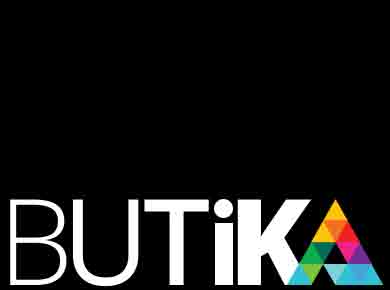25 May Hacking Viruses
Hacking infections happen to be malicious courses that can attack computers, mobile devices, and even entire computer systems. They invade the hardware and software by taking advantage of weaknesses inside the built-in burglar alarms of these units and systems. They can grab private information and cause damage in the process.
They may be one of the most dangerous cracking tools because they have the chance to infect a system with a remote control program hosting helpdesk.com called TIPP (Remote Supervision Tool). This allows hacker to adopt full control over an attacked device with no victim’s know-how. This type of cracking can be used meant for eavesdropping, blackmailing, stealing cash and other illegitimate activities.
Other sorts of hacking spy ware include worms that over the internet such as a bacterial infection, Trojan’s horses that hide inside seemingly safe programs to gain access to sensitive info, and spyware and adware that songs our devices to target certain user actions. The famous WannaCry ransomware virus in 2017 brought on havoc to get major firms and house internet users international by locking documents and demanding huge amounts to unlock them.
Against hacking, it’s important to keep operating systems and web browsers up to date while using the latest outages. This can close many security holes that cyber-terrorist often take advantage of. It’s also a smart idea to use back up utilities built into macOS (Time Machine) and Windows (File History) or to install another hard drive. Finally, turning off some type of computer overnight or perhaps during long stretches of non-use causes it to be less obvious to potential online hackers.
play youtube,
xnxx,
xvideos,
MP3 download,
Incitement Of Violence,
mp3play,
tiktok downloader,
henti,
porn,
play youtube
xvideos
xnxx
xvideos
porn
hentai
xnxx
mp3 download
Best Hookup Apps
hentai
xvideos
javHD
Stanley Cup Ring
play youtube,
xvideos,
xnxx,
xhamster,
xvideos,
xnxx,
sex việt,
mp3 download,
Baby Sonic Toothbrush,
porn,
MY FREE MP3,
Latest News Russian Military,
Wire Transfer Fees Td,
play youtube
play youtube
xvideos
xhamster
xvideos
porn
sex việt
Phim sex
tiktok download
MP3 download
Clima En Pearland Texas
phim sex hay
jav Sex
Rabies Vector Species
brazzer






Sorry, the comment form is closed at this time.